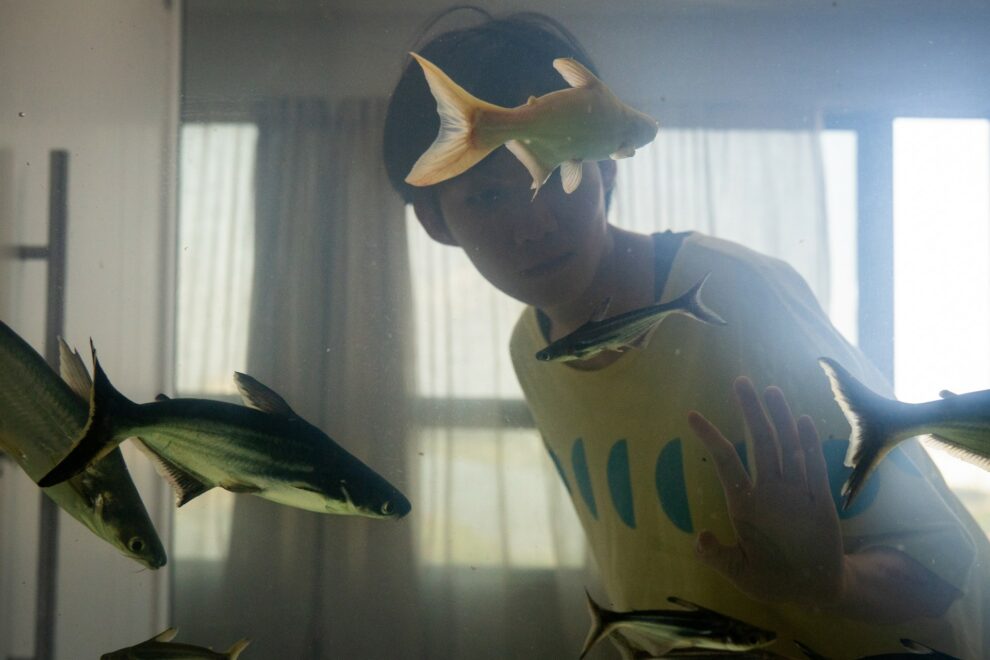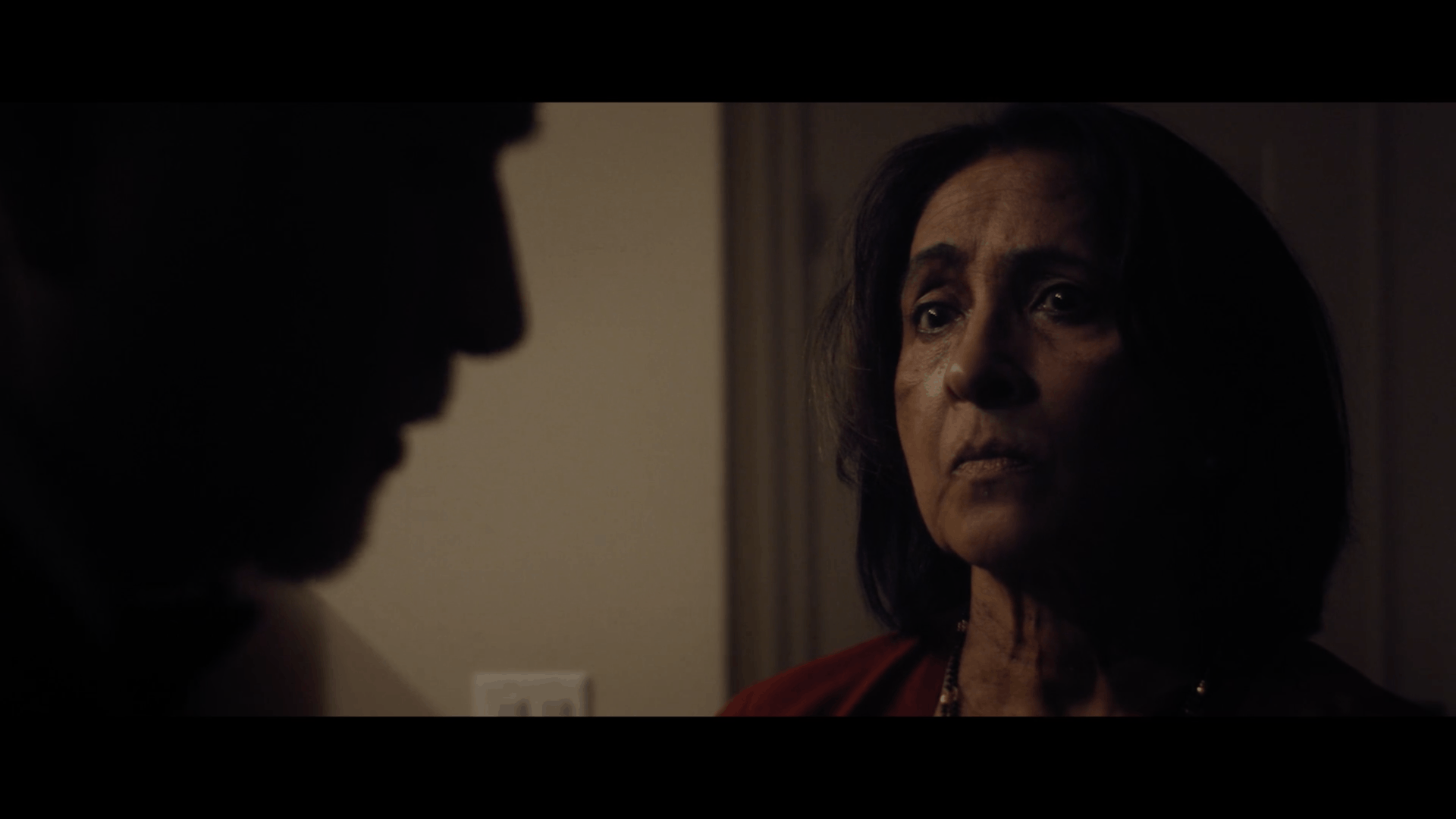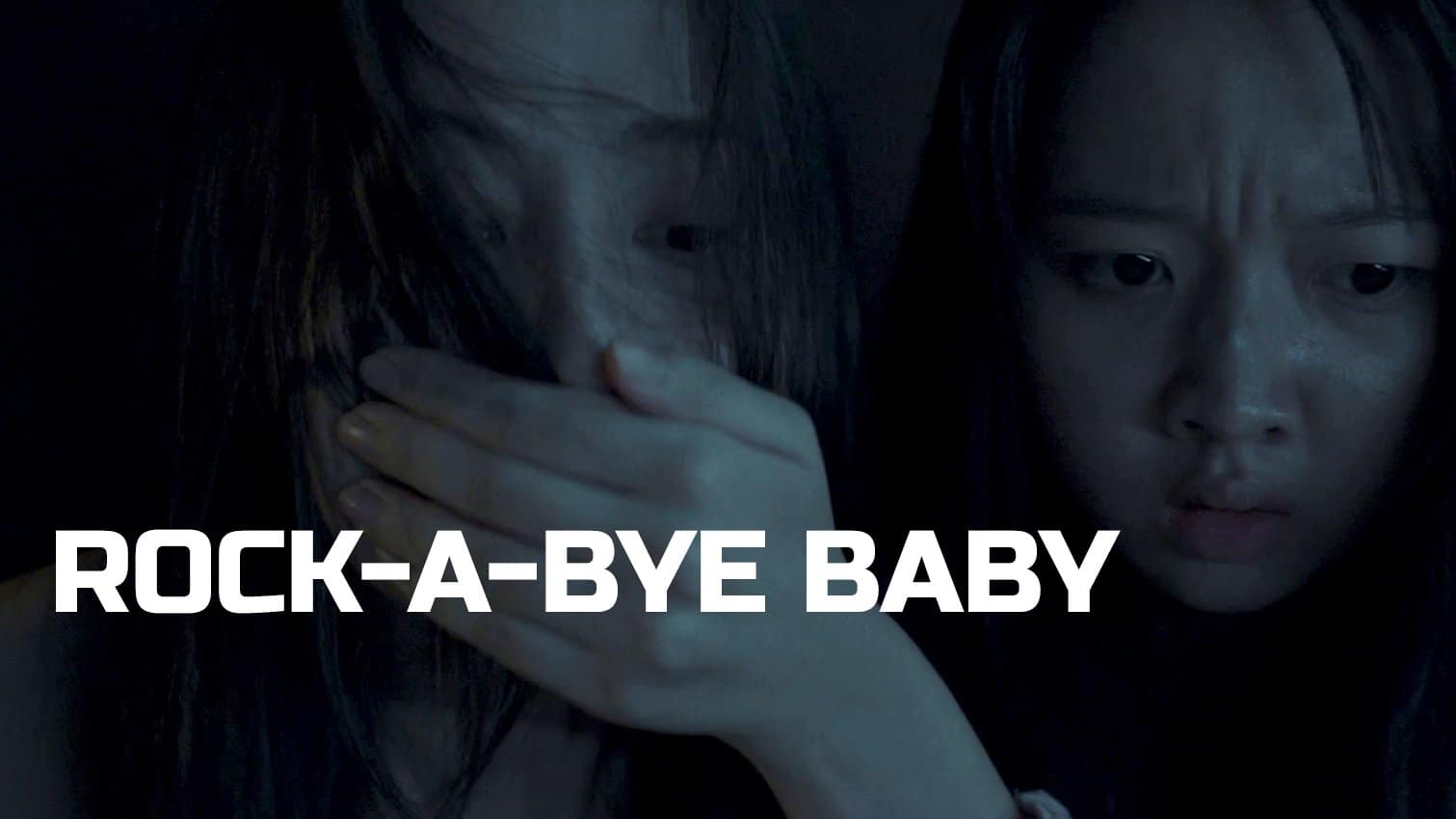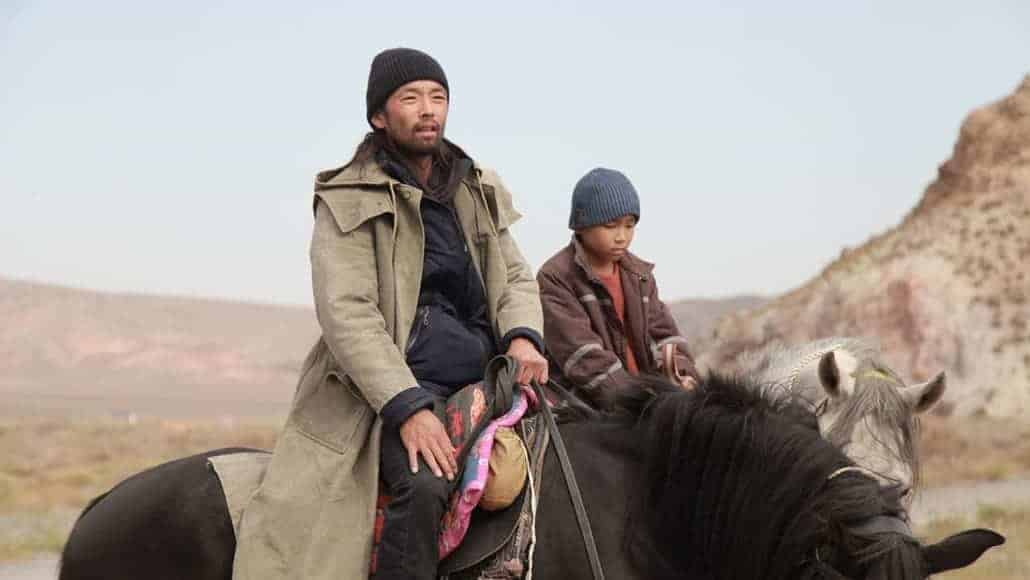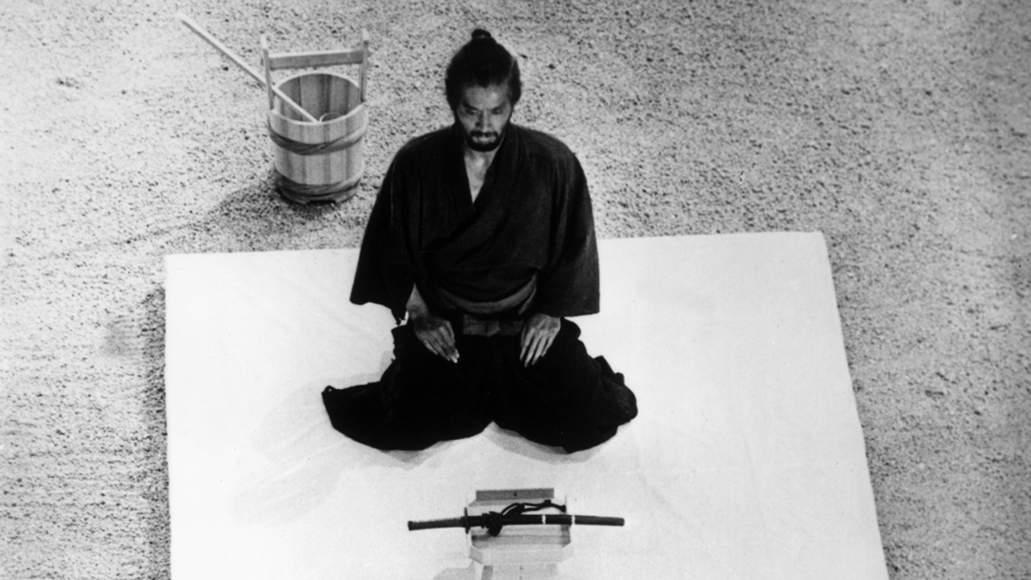There are so many questions surrounding the search for identity and one's own place under the sun that I can relate to in Nele Wohlatz' dreamy drama “Sleep With Your Open Eyes” that I don't even know where to start. As an immigrant who changed houses so many times that every move involved more costs, logistic planning and emotional investment than it was healthy, I felt an instant connection with the film's protagonists who dream big, while struggling to make ends meet pressured by the big question of where they really belong to. I also understood that Wohlatz, who herself has lived for 12 years far away from her native Germany, to study and work in Argentina, knew how to tell the story of a double-sided cultural alienation and solidarity among those ‘lost in translation', right from the film's opening scene which didn't even reveal much about what was going to happen.
Sleep with your Eyes Open is screening at Berlin International Film Festival

Each of us has strong memories of food we were served as kids, and they come in color and scent. When I close my eyes, I can smell the freshly baked pumpkin pie that my grandmother made me when I felt sad. I can still picture the quince resting on the window sill that would fill the bedroom with sweet promise of syrup for kids and brandy for the adults. My eyes get watery when I remember our summer kitchen in the family's countryside stone cottage basement to fight away the heat, where marmalades and pickles were getting prepared for the long winter period. When I moved to Switzerland in 1989 to earn money to study abroad, I was met with different, foreign delicacies that (apart from fondue that became one of my biggest vices) didn't agree with my stomach. So, when I heard the dialogue led between two Chinese immigrants in Brazil in “Sleep With Your Eyes Open” about how everything smelled different than back at home, I felt like saying out loud: “I know what you mean!” “They put farofa on everything”, says one of the film's lead protagonists Fu Ang (Wang Shin-hong) to his co-worker, who is longing for Sichuan hefty breakfasts involving oyster omelettes and pork dishes. He also wonders if his body scent has changed abroad, and if he will ever get it back. I sometimes wonder the same.
“Sleep With Your Eyes Open” could be staged in any corner of the world with strong immigration, and the universality of the story written and directed by Wohlatz's sure hand should ensure its long international festival run, and hopefully a solid world-wide distribution. In this world of shattered dreams and those still burning wild, people are connecting, interacting, analyzing and sharing their stories like you and I would.
Where does the alienation start, and how do you recognize it? Is it while waiting for your partner at the airport to go to a holiday you' ve been planning for for a long period of time, to see where he's coming from, only to realize that he'd dropped you for whatever reason? A Taiwanese woman Kai (Liao Kai Ro) decides to go on that journey on her own, maybe out of shock and maybe because she just feels that the money spent on it is worth a try. Planless once in Recife, she will encounter her first cultural barrier by confusing an offer of a Caipirinha as a meal, coming from an Argentinian guy who works as a translator in Recife. She will just politely tell him that his job is futile because they don't even understand each other speaking in their own languages.
As Kai tries to get the best out of her unexpectedly solitary holiday in a city that isn't used to foreign tourists, she gets to meet Fu Ang, a proud owner of an umbrella store that will have to close down because there is not much of rainfalls to keep the business running. He will introduce her, by chance, to Chinese immigrant Xiaoxin (Chen Xiao Xin) who used to live and work there, but not in person as she is already gone to Buenos Aires. The two women will start an intense letter (well, more of a postcard) exchange, to discuss their personal experiences as individuals who have lost their roots.
The connection between the three of them is made in an unconventional manner, and it is so close to life that there is no question about if such a scenario holds water. Wohlatz who has previously made a movie with a similar topic – “The Future Perfect”, 2016 – which won a Golden Leopard in Locarno, gives a truly unforgettable portrait of inter-continental cultural travelers, lost on their journey to personal accomplishment.
One of the most interesting cast choices was to include the Argentinian star actor Nahuel Pérez Biscayart (Robin Campillo's “120 BPM” from 2017, and Vadim Perelman's Berlinale Official Competition title from 2021 “Persian Lessons”), who in the movie lives and works with the Chinese immigrants, and speaks Mandarin fluently.


